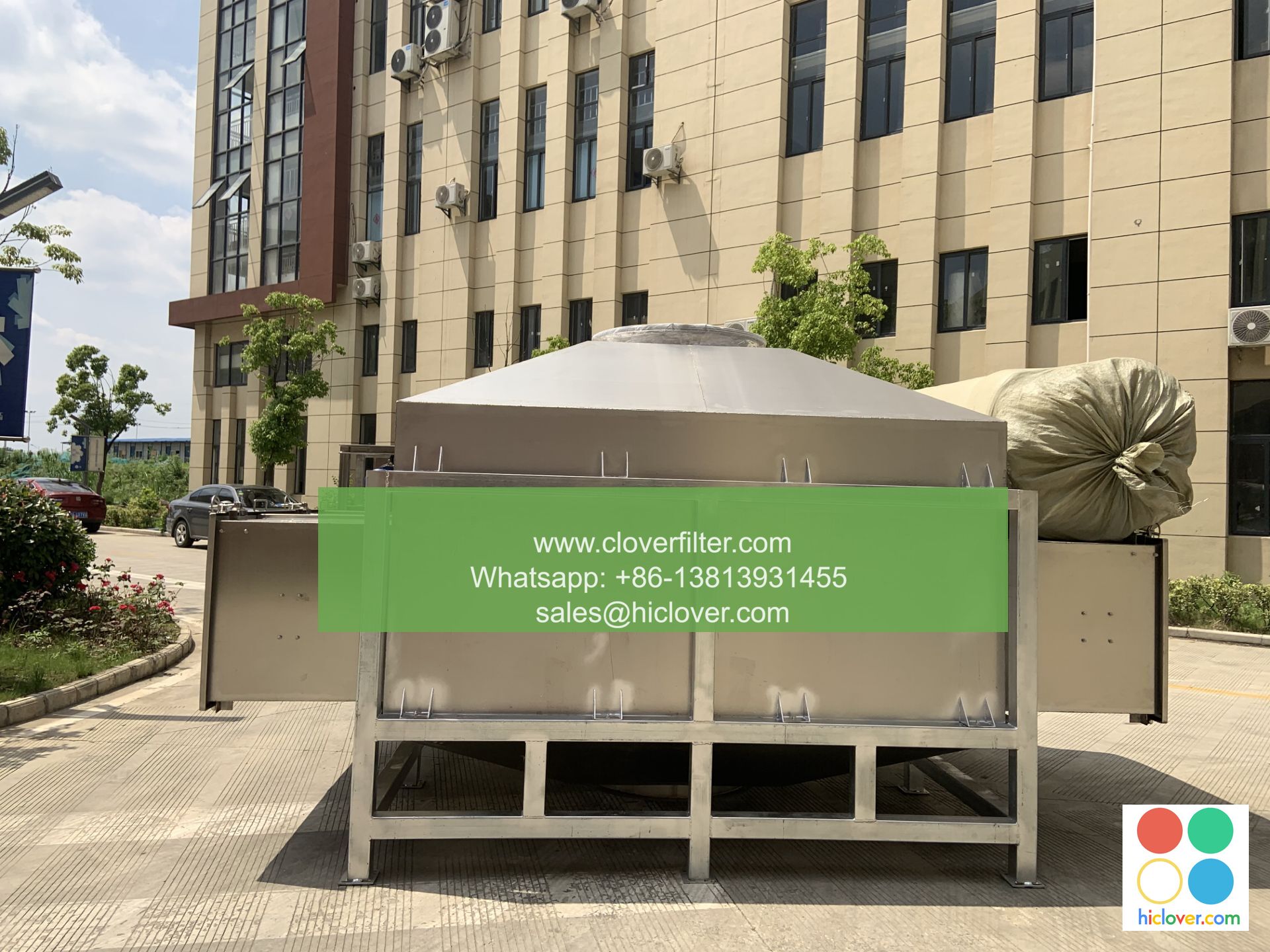The Dirty Truth About Air Filters: How Often Should You Replace Them?

As we go about our daily lives, we often neglect one of the most crucial aspects of our indoor air quality: air filters. These unsung heroes work tirelessly to purify the air we breathe, removing airborne pollutants, allergens, and particulate matter that can exacerbate respiratory issues like asthma and allergies. However, like any other household item, air filters have a limited lifespan and require regular replacement to ensure they continue to function effectively.
##
Why Replace Air Filters?
The frequency of air filter replacement depends on various factors, including the type of filter, indoor air quality needs, and heating, ventilation, and air conditioning (HVAC) system usage. A dirty air filter can lead to a range of problems, including:
* Reduced airflow and system efficiency
* Increased energy consumption and utility bills
* Poor indoor air quality and potential health risks
* Premature wear and tear on HVAC equipment
##
Types of Air Filters and Replacement Frequencies
There are several types of air filters available, each with its own replacement schedule:
* Fiberglass filters: Replace every 1-3 months
* Pleated filters: Replace every 3-6 months
* High-efficiency particulate air (HEPA) filters: Replace every 6-12 months
* Activated carbon filters: Replace every 3-6 months
*
##
Application Areas and Replacement Frequencies
Air filters are used in various applications, including:
* Residential HVAC systems: Replace every 1-3 months
* Commercial HVAC systems: Replace every 1-6 months
* Industrial air purification systems: Replace every 1-12 months
* Automotive air filters: Replace every 15,000 to 30,000 miles
* Medical facilities and cleanrooms: Replace every 1-3 months
##
Tips for Maintaining Air Filters
To ensure your air filters continue to function effectively, follow these tips:
* Check and replace air filters regularly
* Use a filter gauge to monitor filter performance
* Keep air vents and returns clean and clear
* Consider upgrading to a smart air filter or air quality monitor
* Consult a professional HVAC technician for guidance on air filter replacement and maintenance
##
Conclusion
In conclusion, replacing air filters regularly is essential for maintaining good indoor air quality, reducing energy consumption, and prolonging the lifespan of HVAC equipment. By understanding the types of air filters, their replacement frequencies, and application areas, you can ensure your air filters continue to work effectively and provide a healthy and comfortable living or working environment. Remember to check and replace your air filters regularly, and consider upgrading to a high-efficiency air filter or air purification system for improved indoor air quality and health benefits. You haven’t provided a question or topic for me to discuss. Please provide more context or information so I can give you a helpful and accurate response. What would you like to talk about?

